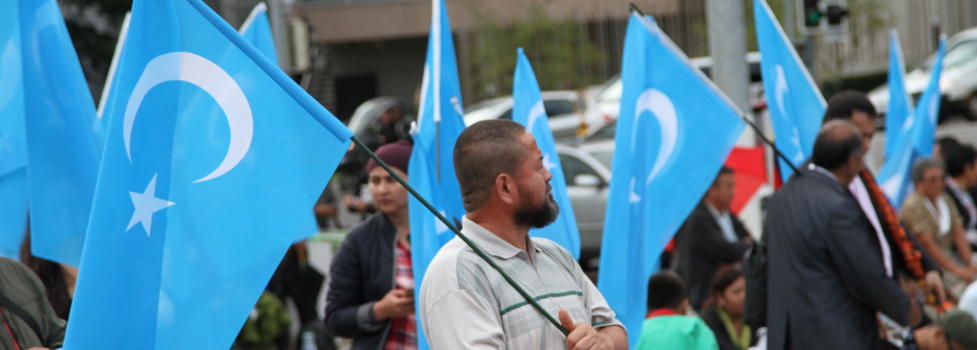What are the challenges facing journalists covering the alleged mass incarceration of Xinjiang’s Uighur Muslims?
China has been accused of allegedly detaining up to one million Uighur and otherTurkic Muslim minorities in its Xinjiang Uighur Autonomous Region under what UNexperts have called the “pretext of countering terrorism and religious extremism”.
Beijing, however, denies allegations of mass detention and discrimination, saying thestrict security measures in Xinjiang are aimed at preventing what it calls the “threeforces – separatism, extremism and terrorism”.
Einar Tangen, economic adviser to the Chinese government, explains that authorities”believe that there are radical elements who have infiltrated the population andconvinced people that they should have an independent homeland.”
Chinese officials want to limit information and imagery coming out of the region andcontrolling access is central to their strategy.
However, there are some cameras they can’t control; the ones in space. Satellitephotos of the detention centres that featured in international media won’t be seen onChinese television because domestic media is tightly controlled.
Uighur journalist Alim Seytoff reports on the story fromWashington. He is the director of the US-funded RadioFree Asia’s Uighur service.
It’s nearly impossible for Uighur reporters to practisetheir craft there and those that have “spoken outagainst China’s repressive policies have beendetained in these camps,” says Seytoff. BecauseChinese journalists are forced to toe the governmentline, “they cannot independently report on what ishappening to the Uighur people.
“There’s no charges, no trial, people just sort ofdisappear into these places for many months at a timeand even longer,” explains journalist MeghaRajagopalan, who has her own story to tell. She is oneof the very few foreign reporters who managed to getinto Xinjiang to report on the situation there, but weeksafter her piece was published by Buzzfeed, she was expelled from the country.
Chinese journalists reporting on it have it worse: they could face threats, violence andin some cases prison sentences.
President Xi Jinping has had no qualms in telling Chinese journalists and the newsoutlets they work for that the media’s ultimate loyalty must be to the state, not the story.
Xi has been president for six years now. His burgeoning power and influence havebeen compared to Mao Zedong’s, who once said: “The role and power of newspapersconsist in their ability to present the party’s line, its specific policies, goals and workmethods to the masses.”
Half a century later in Xinjiang, for the government in Beijing and the media outletsthat spread the word, the same rules still apply.
Source: Al Jazeera

Leave a Reply